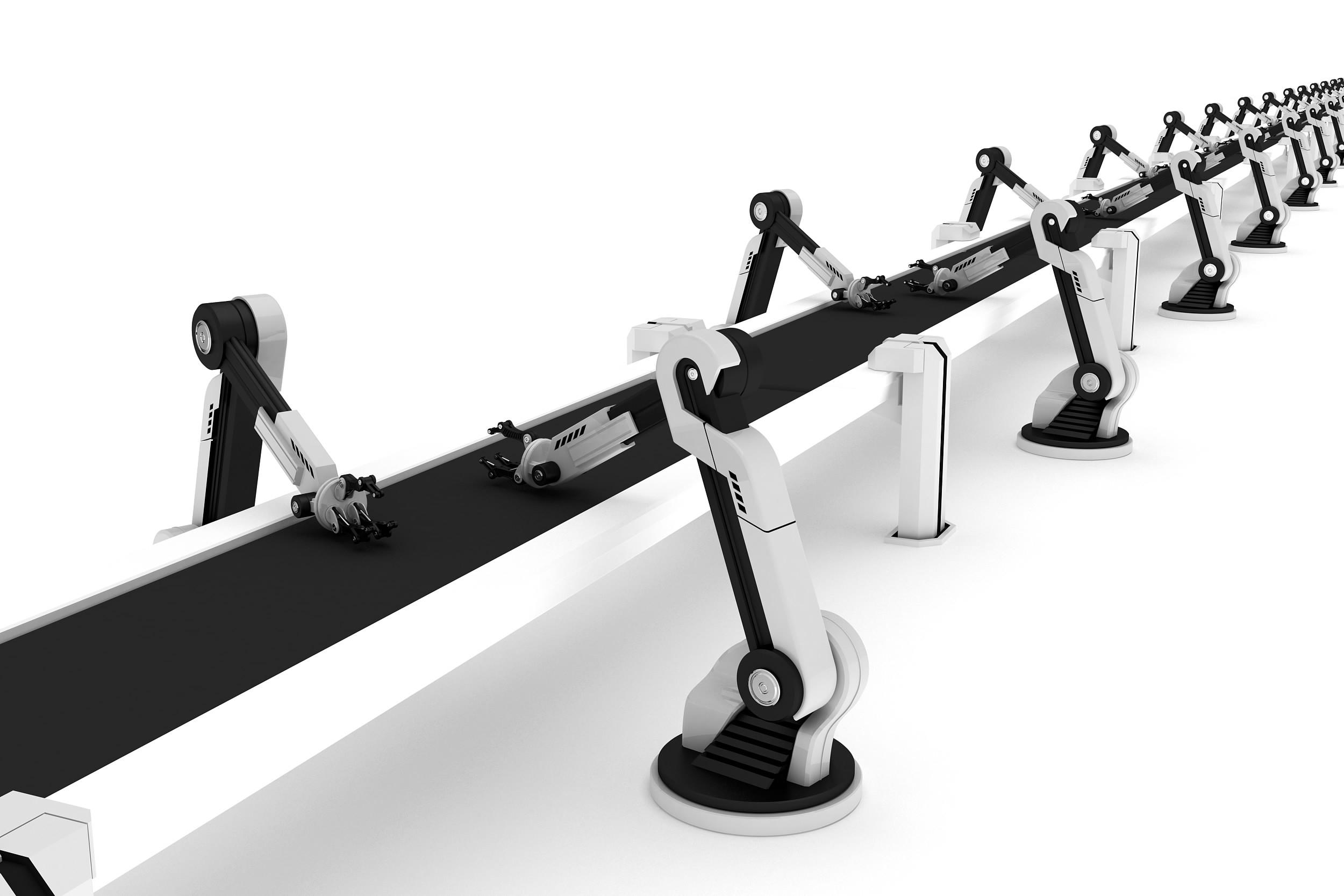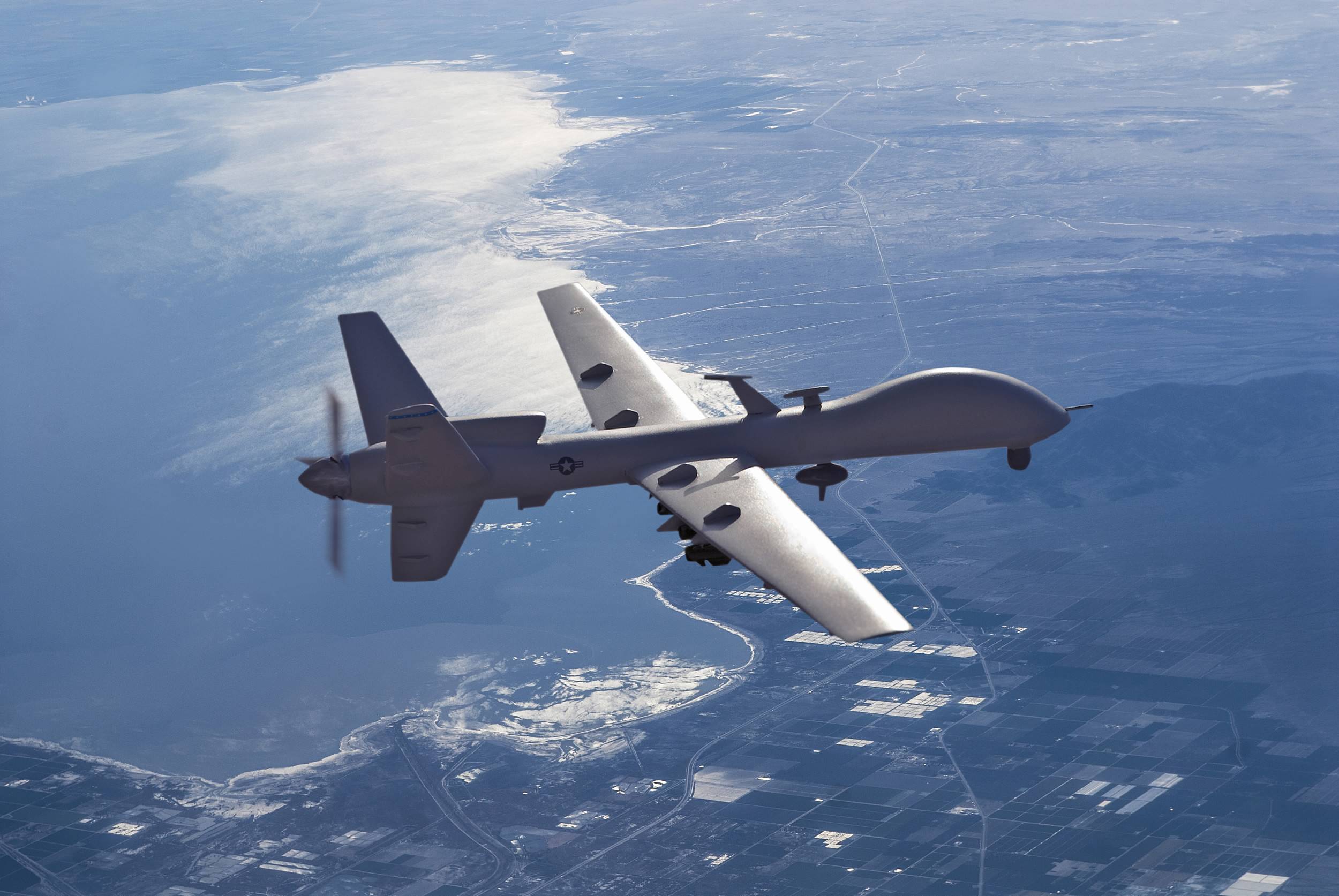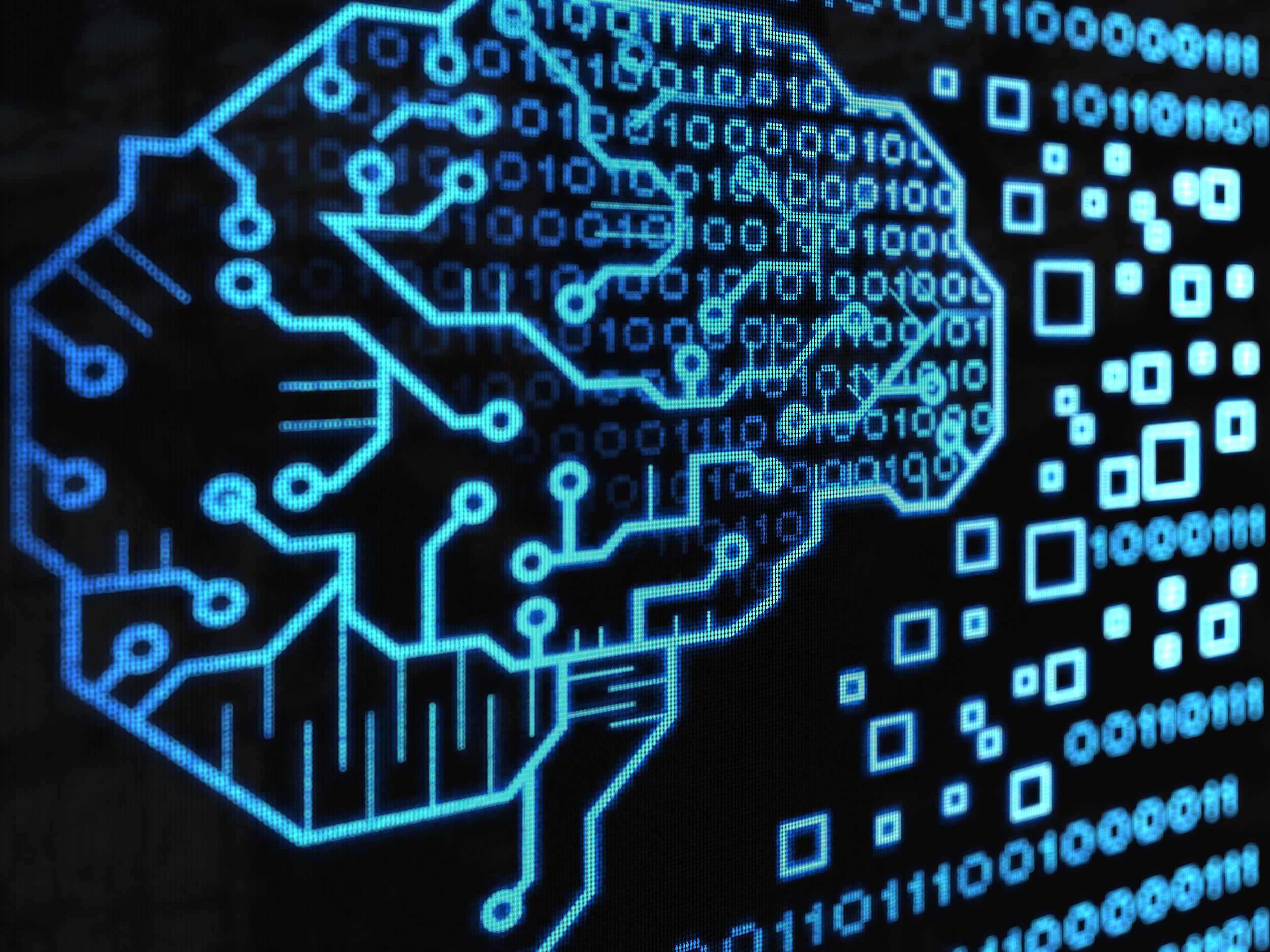
WIC 2017
10:59, 03-Dec-2017
Five reasons why China is backing AI with billions of yuan
CGTN's Nicholas Moore

The Fourth World Internet Conference is taking place in Wuzhen, east China's Zhejiang Province, with artificial intelligence (AI) as one of the topics.
Earlier this year, China’s State Council laid out ambitious plans for China to become the world leader in artificial intelligence (AI), with AI to become a 150-billion-US-dollar industry by 2030.
The State Council called AI “a new engine of economic development,” and while its potential is widely accepted, why is China looking to pump so much money and effort into a technology that largely remains in a stage of infancy?
AI to put Made in China 2025 on the map
For China’s key manufacturing strategy – Made in China 2025 – AI has been singled out as an important area for boosting production, efficiency, innovation and overall quality.
Autonomous vehicles are just one example of how AI will be used in more and more products that can be developed and sold to the world, bolstering long-term economic growth and upgrading China “from a manufacturer of quantity to one of quality,” as Premier Li Keqiang said in 2015.
Automation offsets labor costs, ageing population
When it comes to manufacturing, China will not only be producing AI technology, AI will play a key role in the production line itself.

VCG Photo
VCG Photo
With the country looking to move to an economic model based on consumption and services, AI can be used to offset rising labor costs and an expected decrease in the workforce due to China’s rapidly ageing population.
Automation will rely heavily on AI and deep learning, and affect workplaces well beyond factories – AI is already being used in customer-facing roles, managing financial assets and other areas of monotonous work which until now required human employees.
While some argue that globally this will free up workers to focus on innovation rather than number-crunching and spreadsheets, a report released in late November by McKinsey suggested that 800 million workers would be replaced by AI robots by 2030 – one fifth of the entire global workforce.
AI and national security
The 19th National Congress of the Communist Party of China saw a lot of focus on the development of China’s military, and again, AI technology has a key role to play in national defense.
In November, Chinese company Yitu Tech’s facial recognition technology won a competition organized by a research arm of the US intelligence community, showing how China’s AI is already being considered as world-leading.

Drones are just one example of how AI is being applied in the military. /VCG Photo
Drones are just one example of how AI is being applied in the military. /VCG Photo
According to China Daily, “AI has the potential to reshape defense technology,” and that goes beyond the military. The vice-minister of science and technology Li Meng has said that AI will be a key tool in crime prediction for the government, while facial recognition technology was used by police in Shenzhen this year to find an abducted child and arrest the suspected kidnappers.
AI will change the way China does finance
AI, machine learning and big data will all be key players as the burgeoning fintech sector continues to develop in China. Fintech led by AI will allow the financial sector to automate a significant portion of work, manage assets, deal with clients and handle transactions for 24 hours a day at a pace much faster than any human worker.

VCG Photo
VCG Photo
China’s economic growth in the last four decades can be attributed to impressive man power and human effort – the next few decades should see AI handle and deliver further financial development, with technology key to opening up sectors of the economy like SMEs, services and personal finance.
China has everything in place for AI to develop
The push for AI is not only underway in China – Europe, the US and other major economies are all vying to get on the front foot. But China has significant advantages that can propel it way ahead of the competition.
By the end of June this year, China had 751 million people online, and 724 million of those have access to the Internet via mobile phones. Meanwhile, more than 520 million people use mobile payment platforms. This means not just an enormous market for AI Internet technology, but also access to huge amounts of user data, aiding tech developers in their development of new innovations.
The unique online ecosystem in China, which has seen giants like Alibaba, Baidu and Tencent grow at an enormous rate, means there is ample competition, funding and impetus to fuel research in AI.
Alongside government support for AI development, this push in the private sector gives research into the technology a forward motion that other countries can’t compete with.
Click here for more about the World Internet Conference 2017

SITEMAP
Copyright © 2018 CGTN. Beijing ICP prepared NO.16065310-3
Copyright © 2018 CGTN. Beijing ICP prepared NO.16065310-3